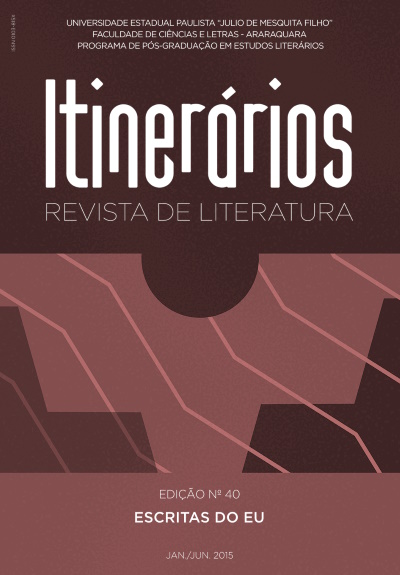Ego-writings and a contemporary agenda: the inevitable end of the autobiographical pact?
DOI:
https://doi.org/10.58943/irl.vi40.8170Keywords:
Autobiographical pact, Fiction, Manufacturing, Fictionality, Ego-writing,Abstract
Philippe Lejeune’s theory (1996) was responsible for a remarkable epistemological framework for researches in the field of the autobiographical genre. In this article, however, I propose a reassessment of the initial definitions created by the French researcher analyzing Beira-mar (1985), by Pedro Nava, in dialogue with the critical propositions suggested by José Carlos da Costa (2007). I also intend to make reference to other literary works, such as Romance negro com argentinos (2001), by Luisa Valenzuela, O Aleph (2001), by Jorge Luis Borges and Como me hice monja (2004), by César Aira. In addition, I aim at discussing the autobiographical genre from the perspectives of Robert Folkenflik (1993) and Jerome Bruner (1993), objectifying to defend a notion of fiction as manufacturing, supported by the concept of fictionality as defined by Heidrun Kreiger Olinto (2003). Thus, I seek to point out, as one of the agendas of contemporary self-writings, the hypothesis of a dispensable autobiographical pact category for the composition of literary works of self-referential nature.
Downloads
Published
Issue
Section
License
Os manuscritos aceitos e publicados são de propriedade da revista Itinerários. É vedada a submissão integral ou parcial do manuscrito a qualquer outro periódico. A responsabilidade do conteúdo dos artigos é exclusiva dos autores. É vedada a tradução para outro idioma sem a autorização escrita do Editor ouvida a Comissão Editorial.

